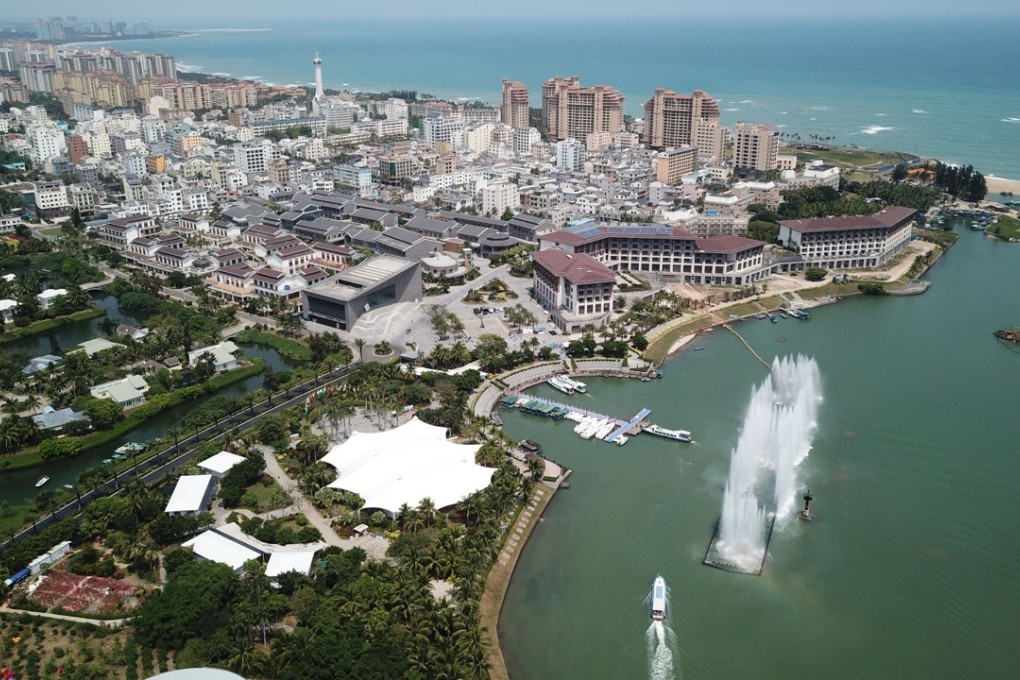Xi Jinping’s defence of globalisation and open markets: key takeaways from Chinese leader’s speech to Boao Forum
The Chinese president repeated his commitment to opening up the economy and made a number of veiled swipes at Donald Trump as threat of trade war looms

Chinese President Xi Jinping committed to further opening up China’s markets as he sought to portray the country as a leading defender of globalisation.
His pledges were made in a speech to the Boao Forum for Asia on Tuesday, which was delivered against a backdrop of rising trade tensions with the United States, and it was widely hoped that his remarks would help to calm tensions.
Market opening and easier access for foreign investors
Xi ushered in a “new phase of opening up,” making broad commitments to further liberalise China’s economy such as by “significantly broadening” market access, easing restrictions on foreign firms, lowering import tariffs, and creating a more attractive investment environment.
Can Xi Jinping convince the world that China is open for business?
The Chinese leader restated a number of previous comments and insisted he would ensure that major reforms would be implemented, including earlier promises to open up China’s insurance and financial sectors. He also stressed that he would seek to open more areas of cooperation.
He hinted at one point that China would reform its motor industry to allow foreign car makers to have wholly owned factories in China, which would be good news for companies such as Tesla.